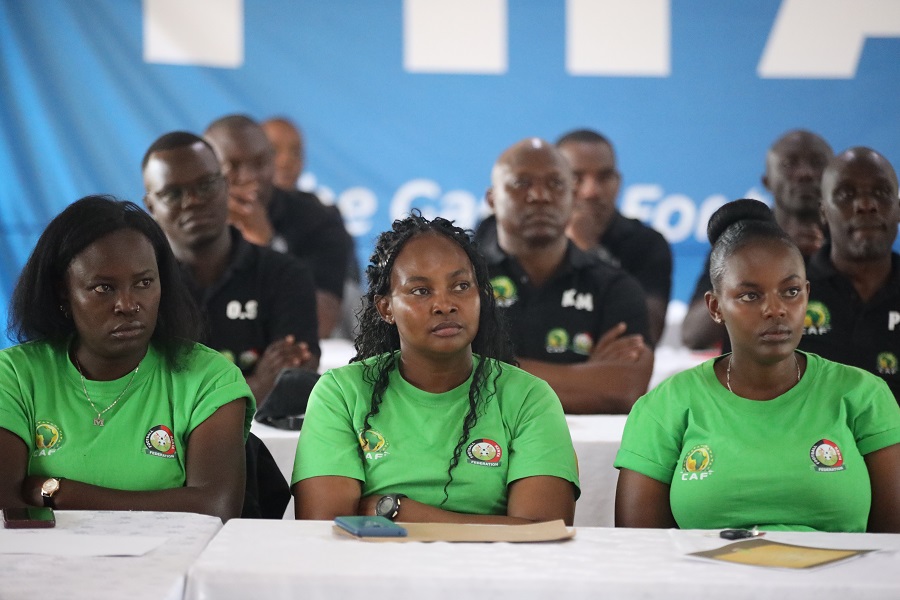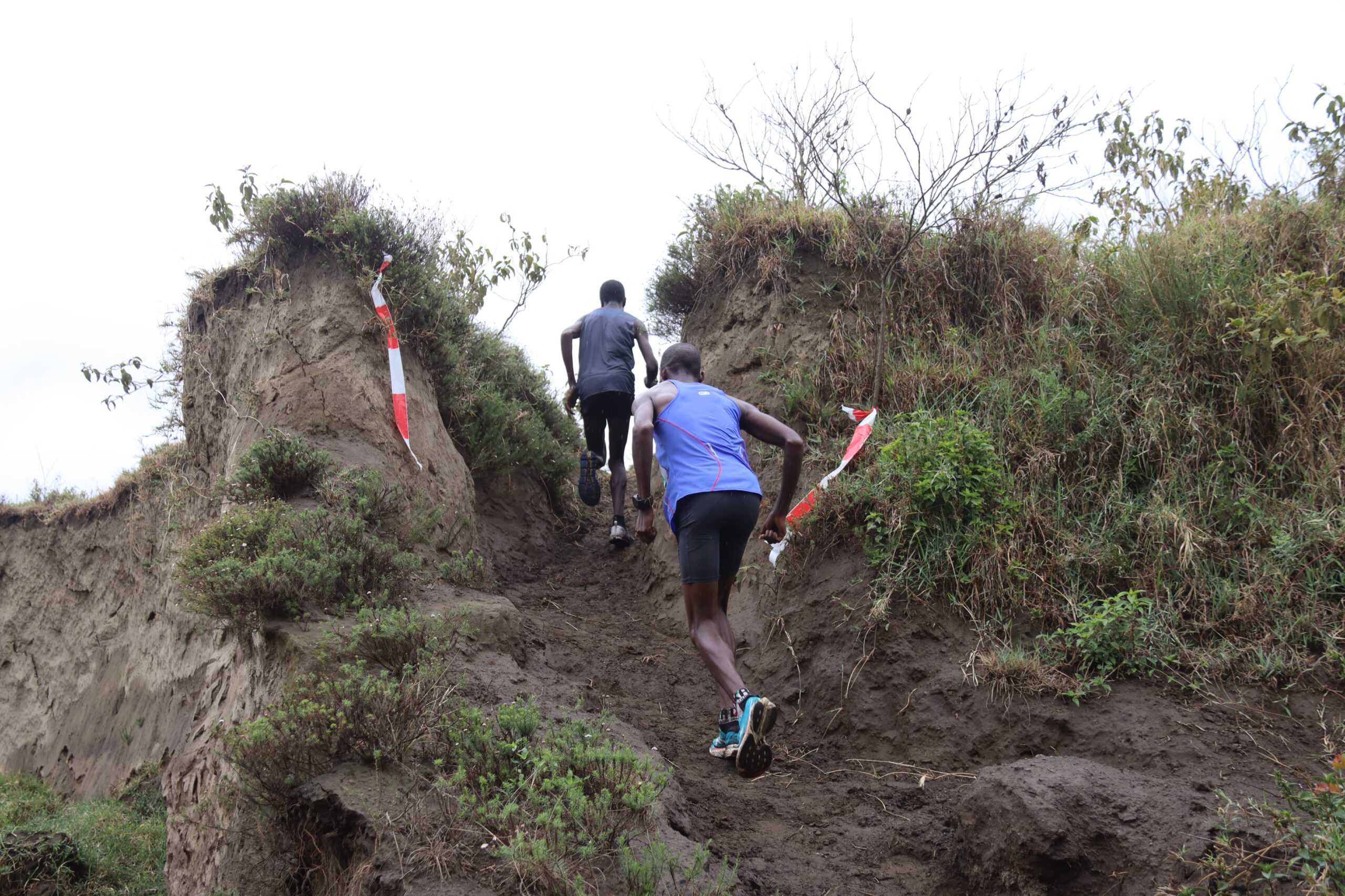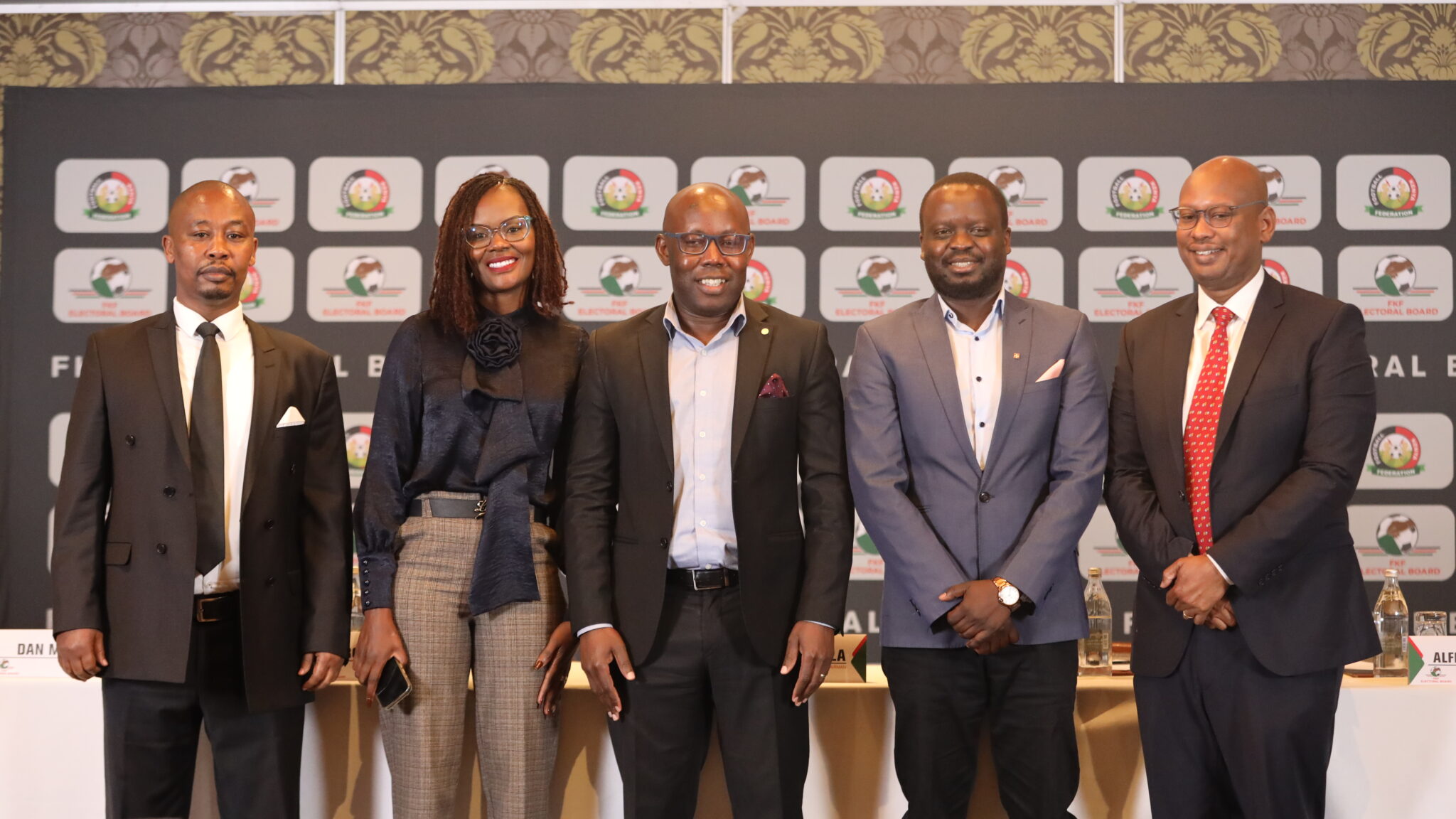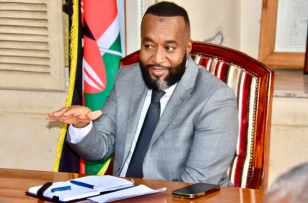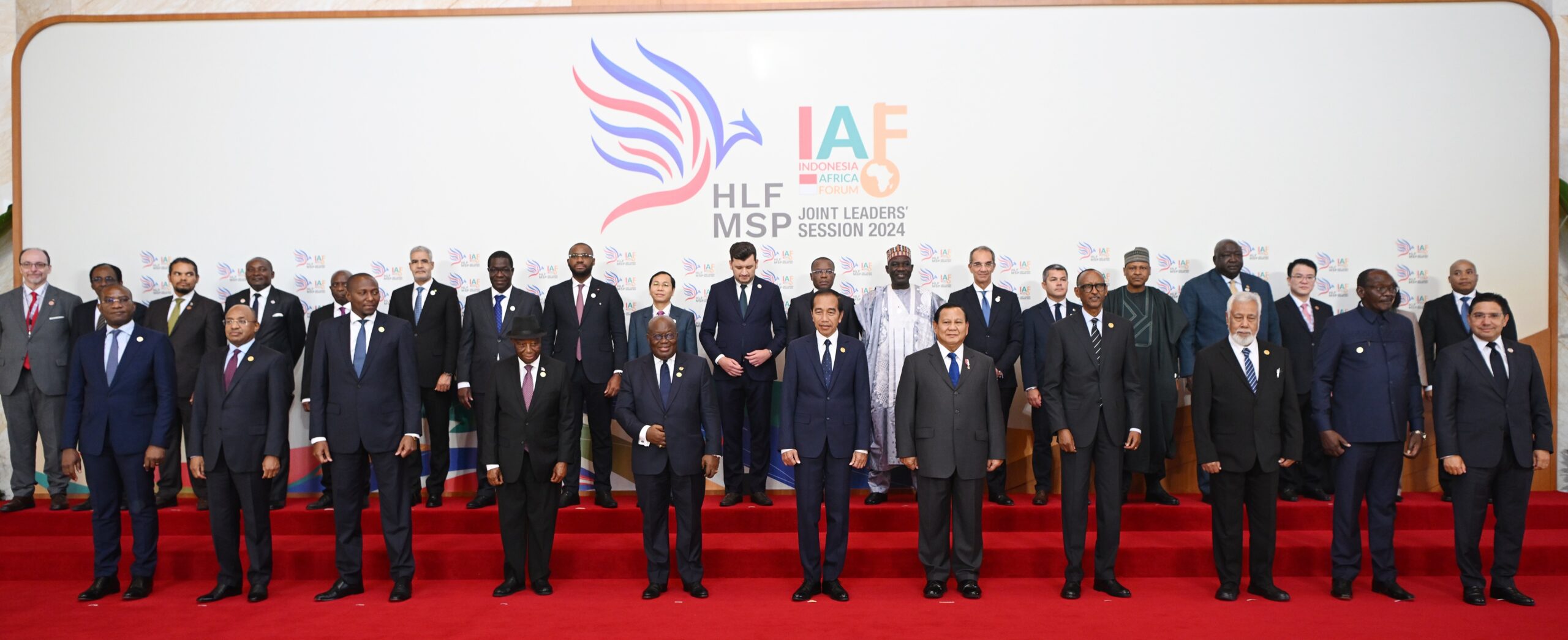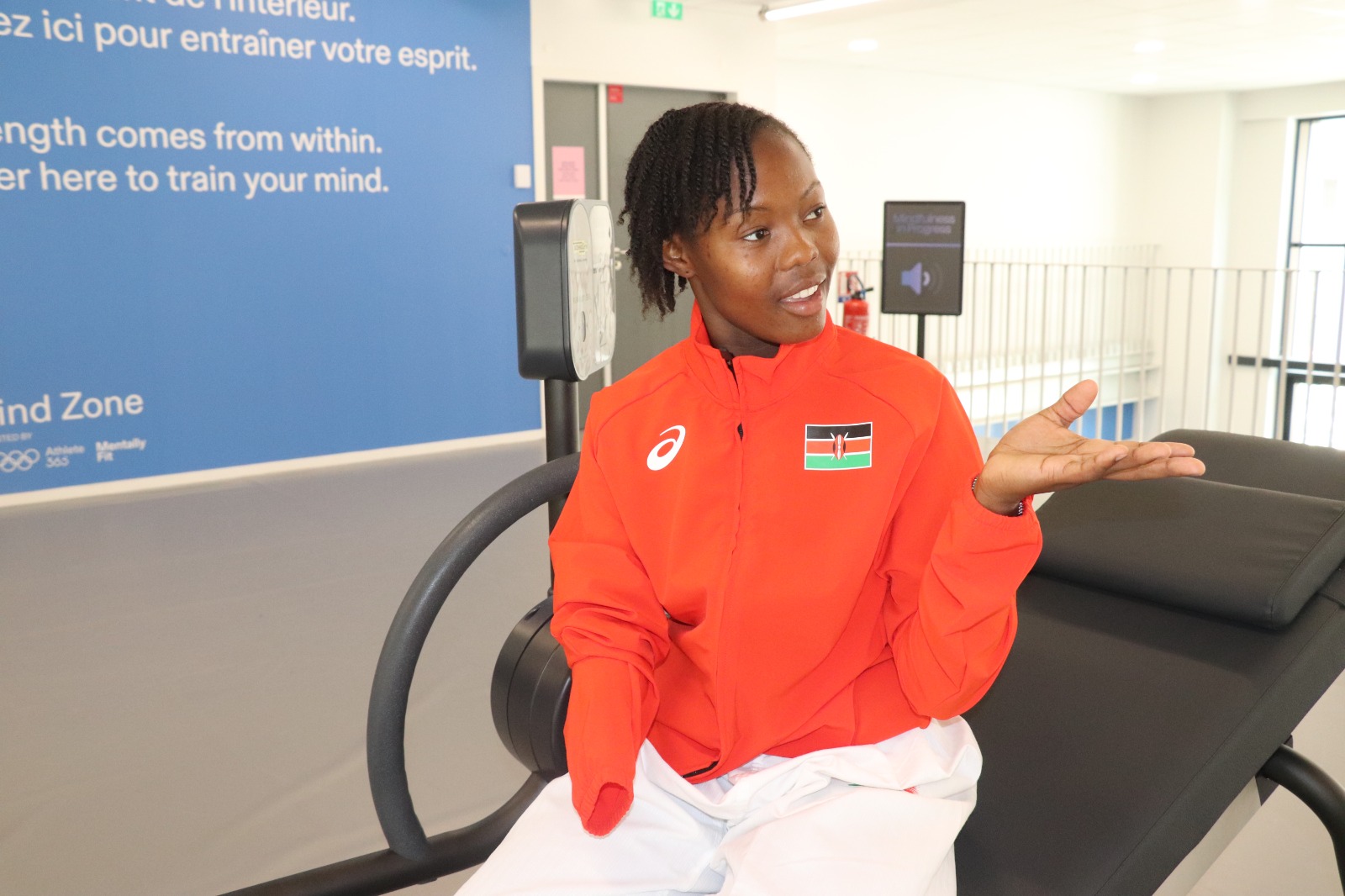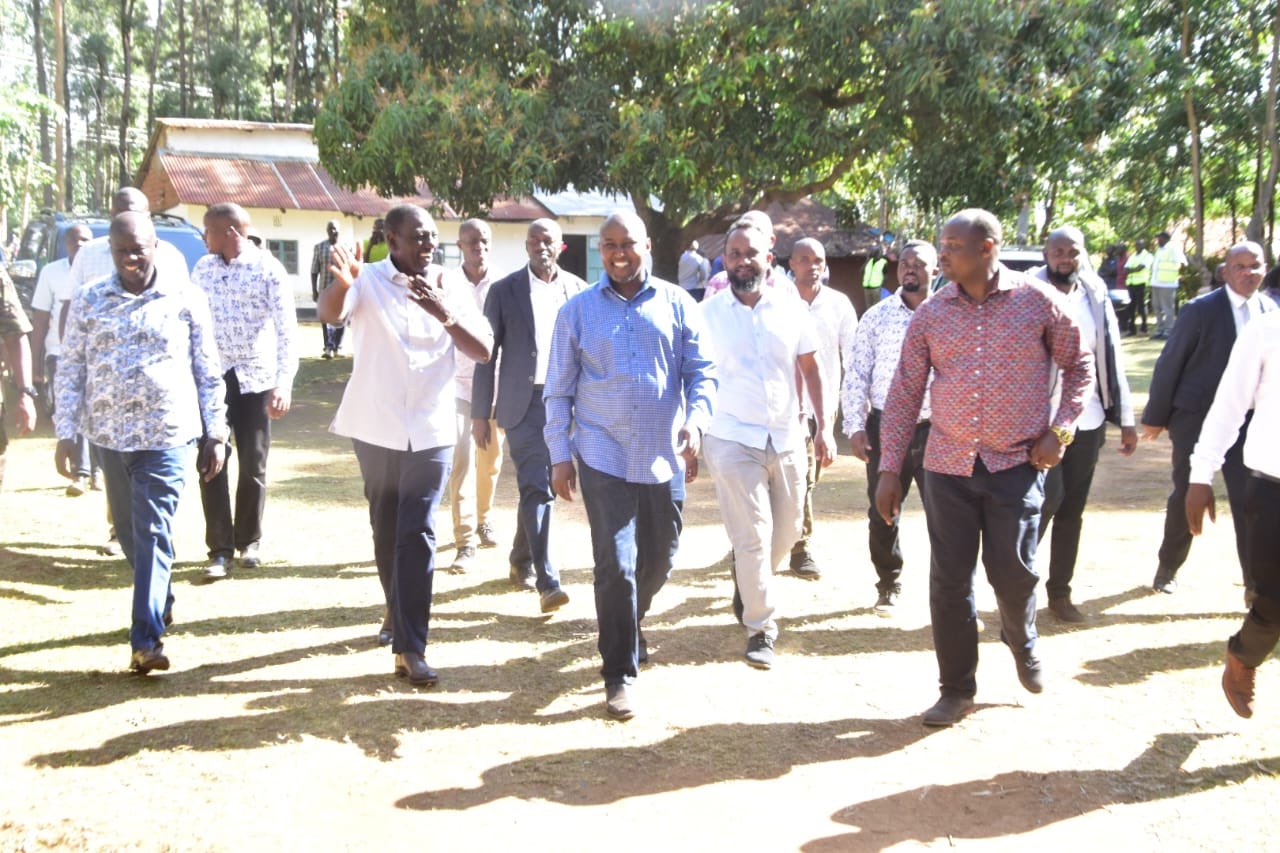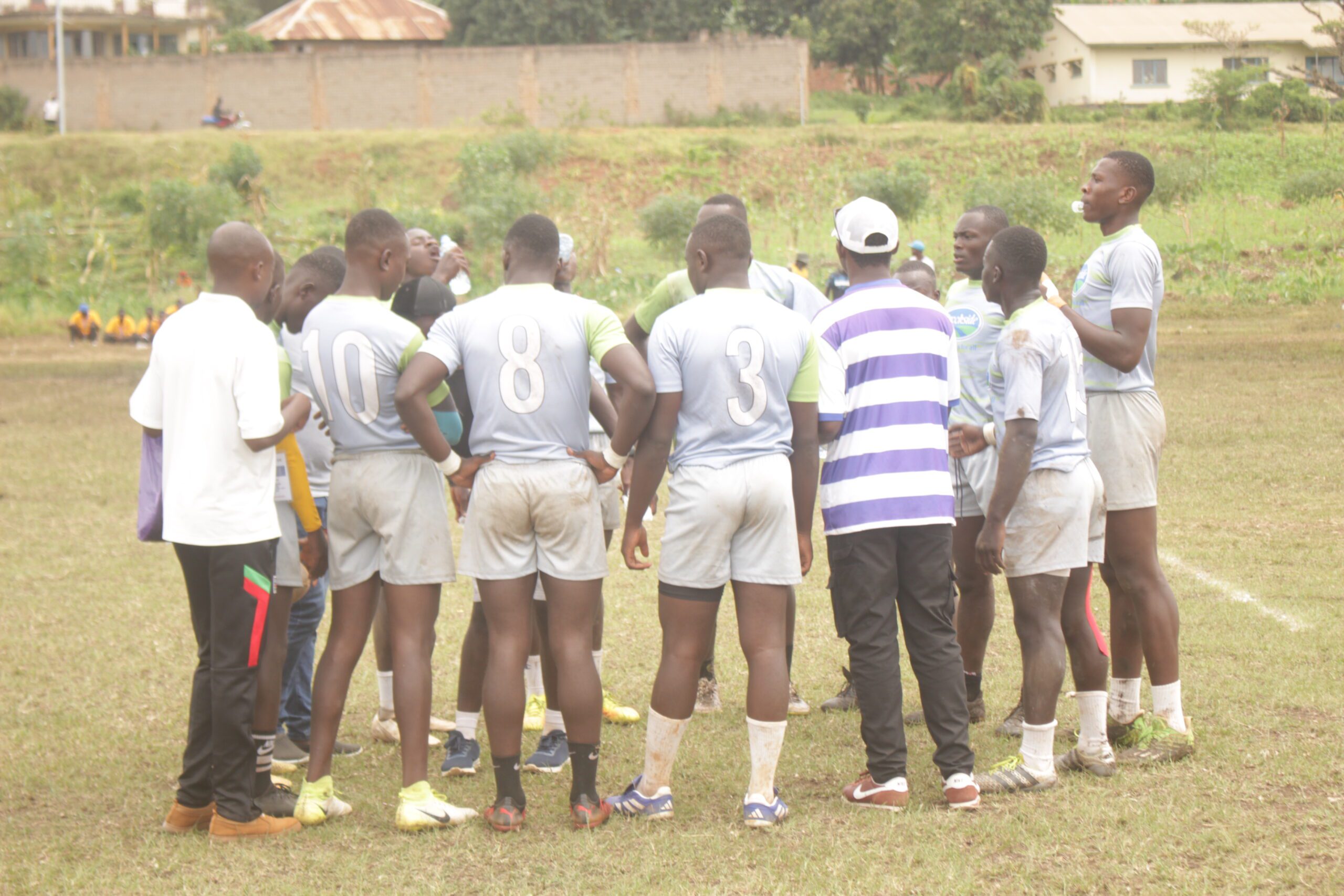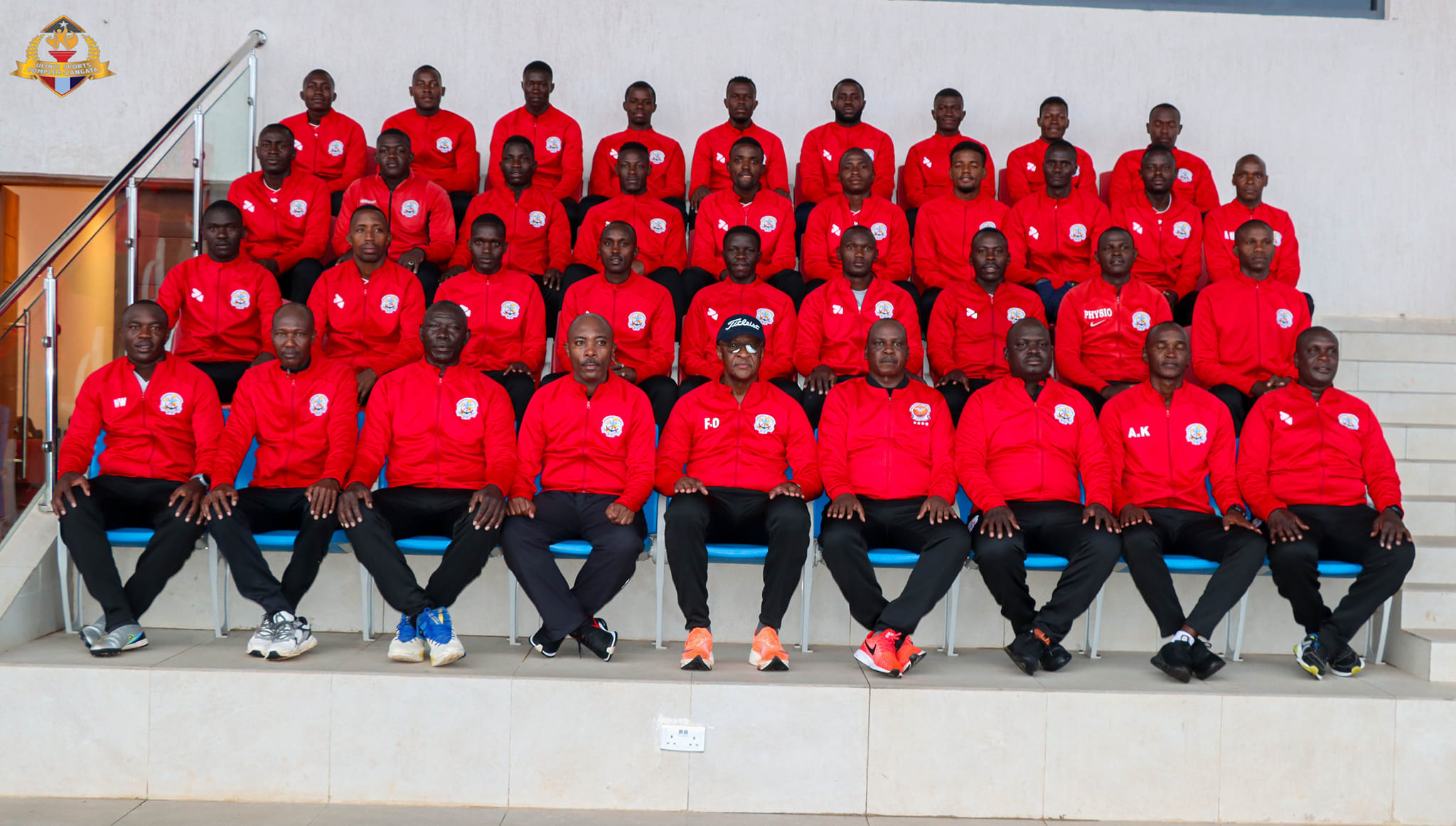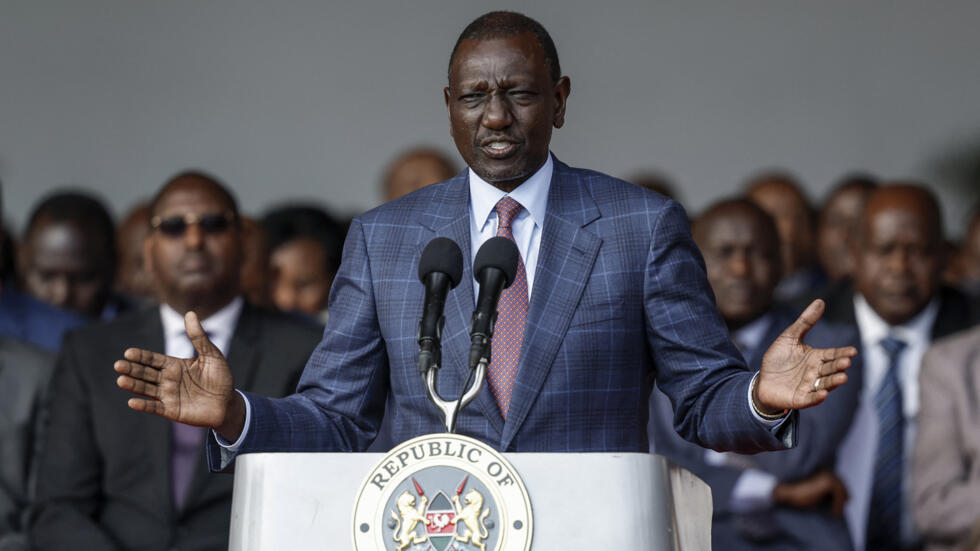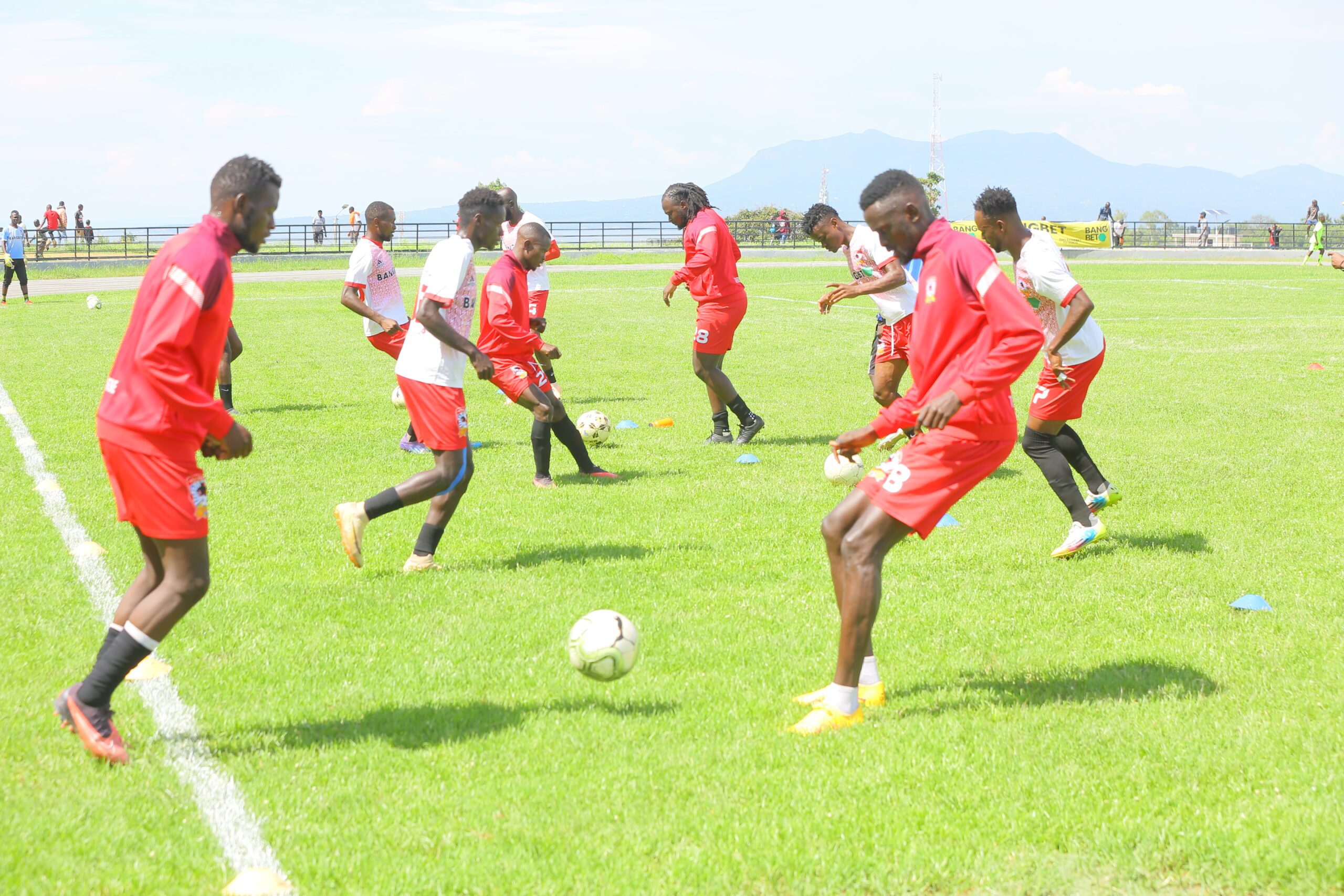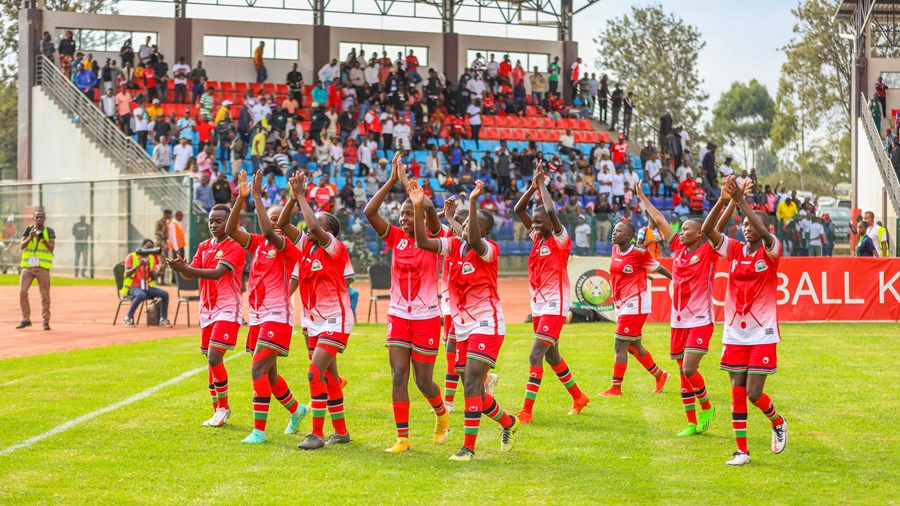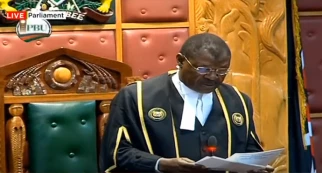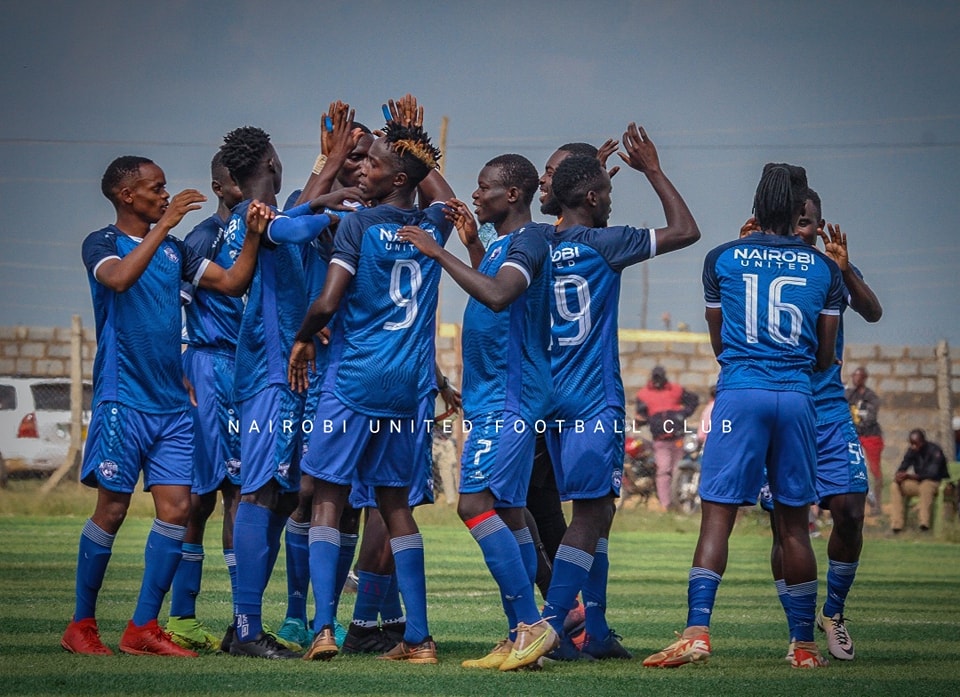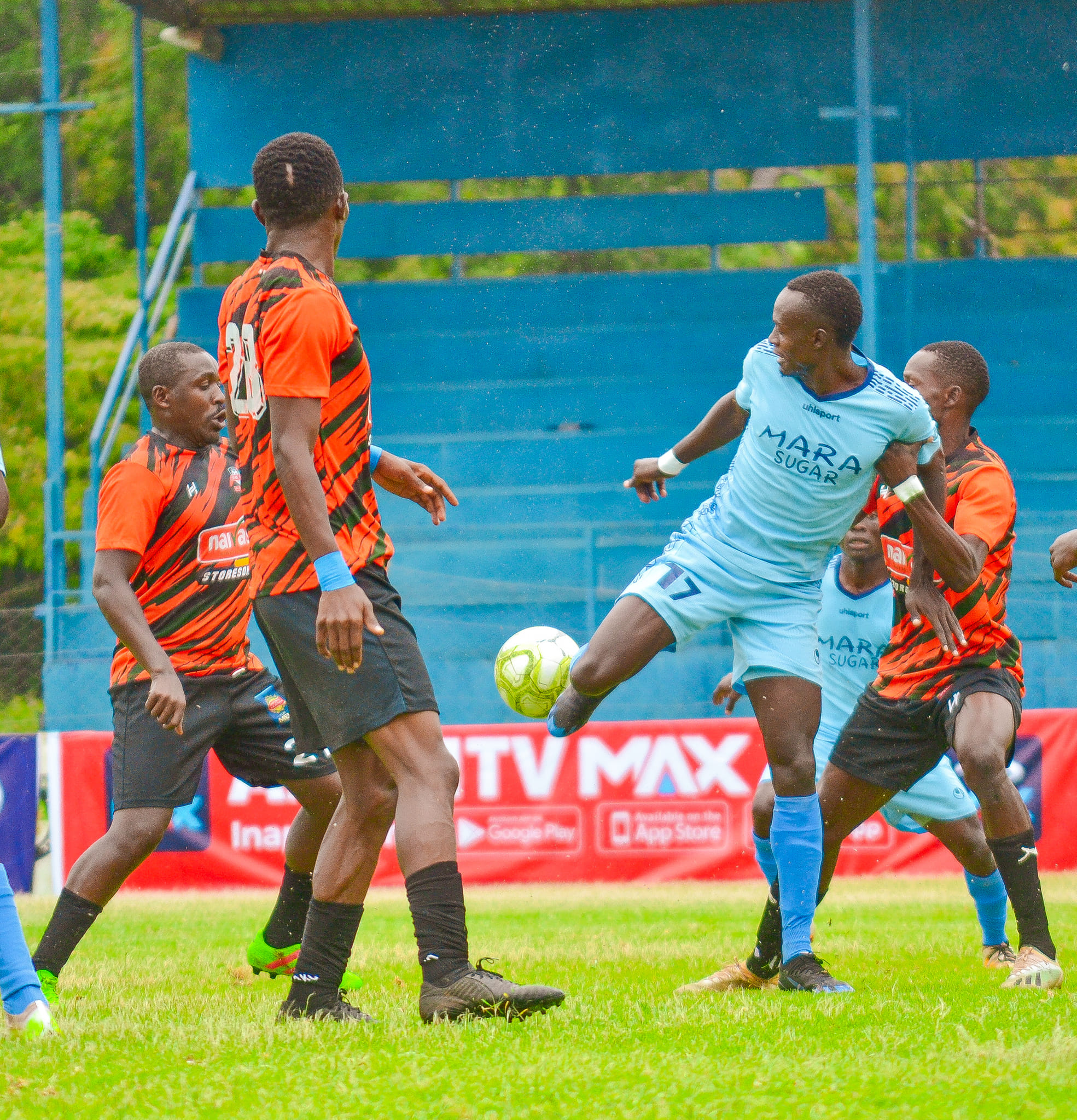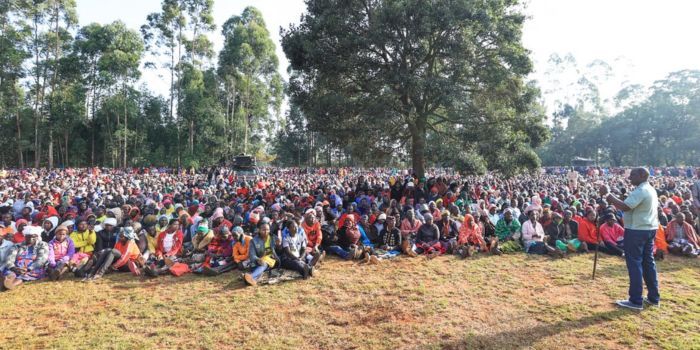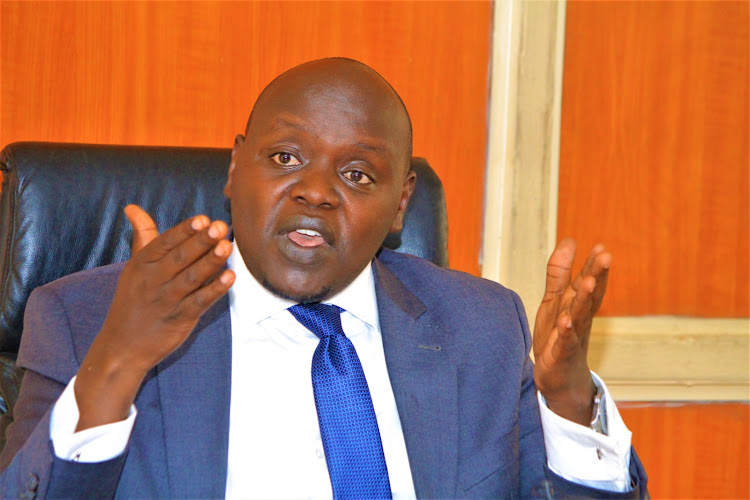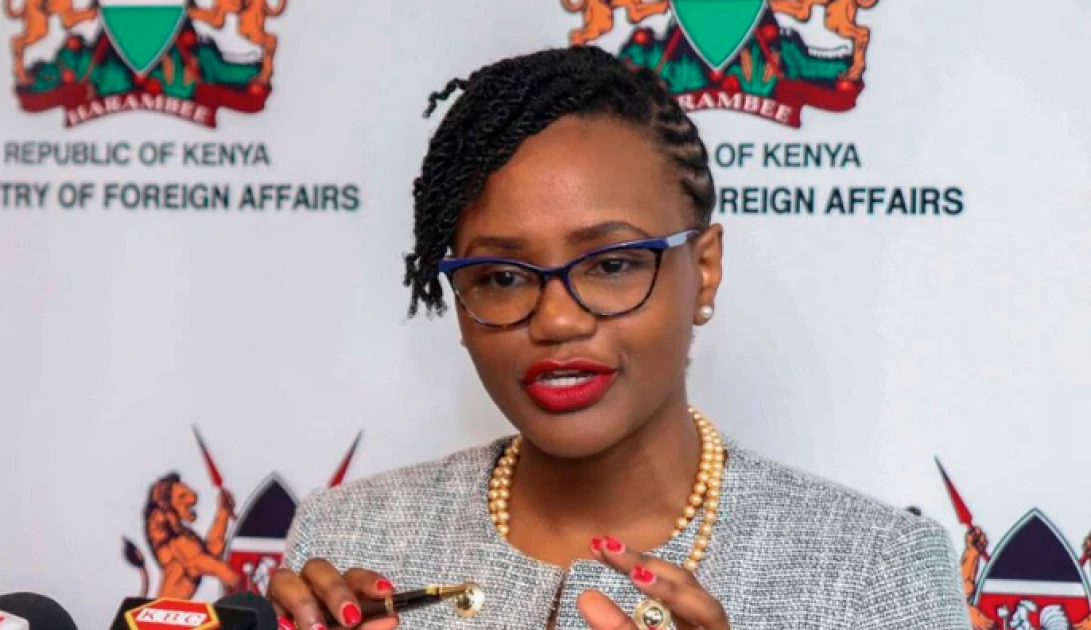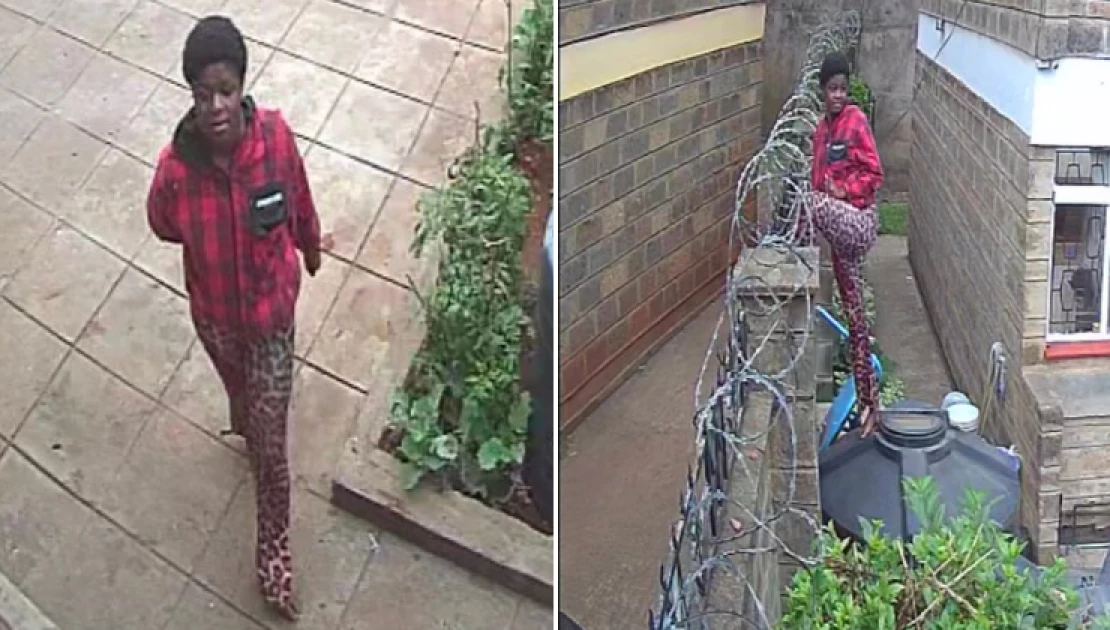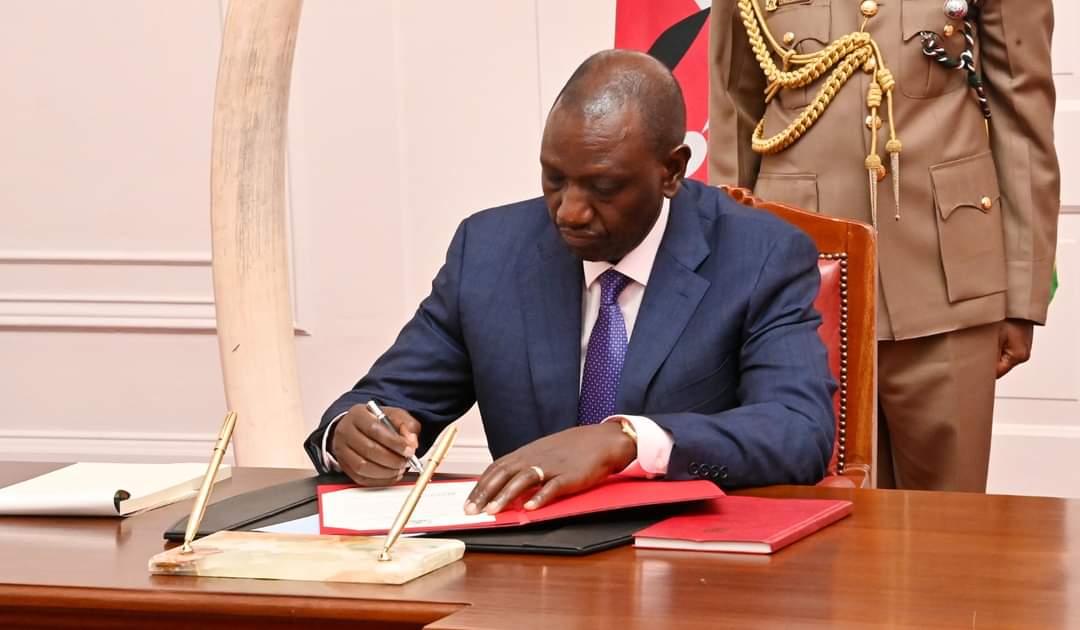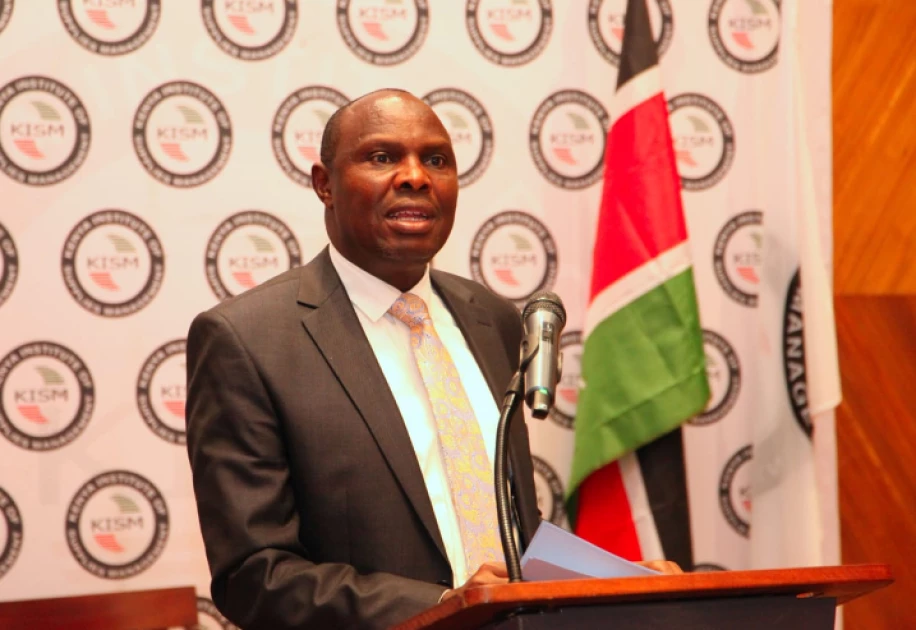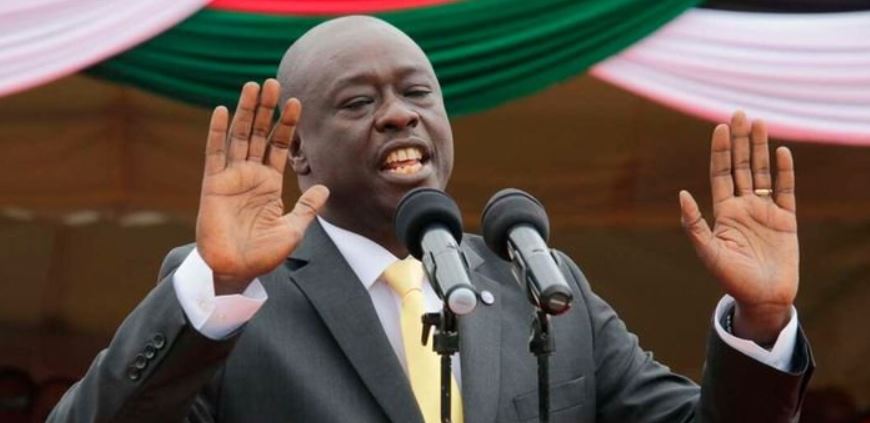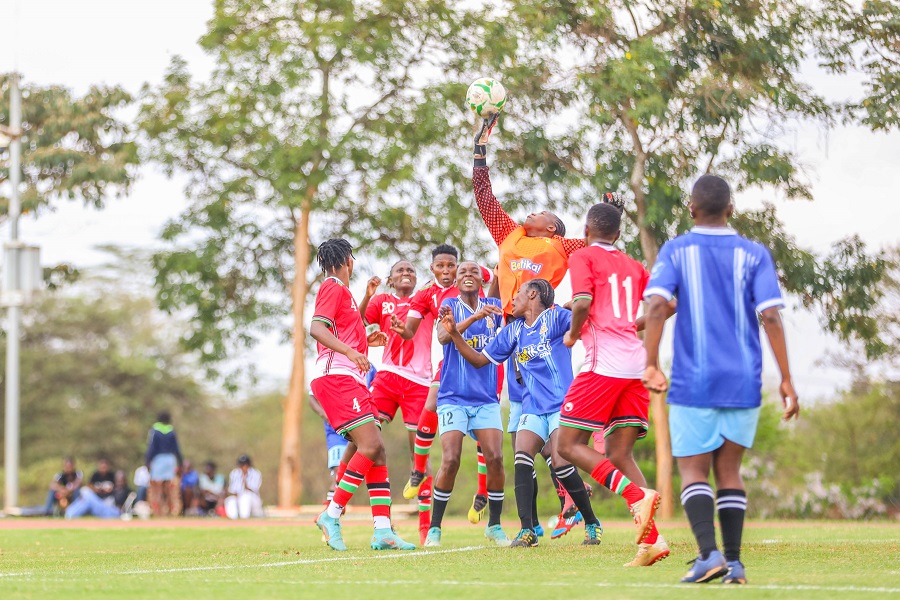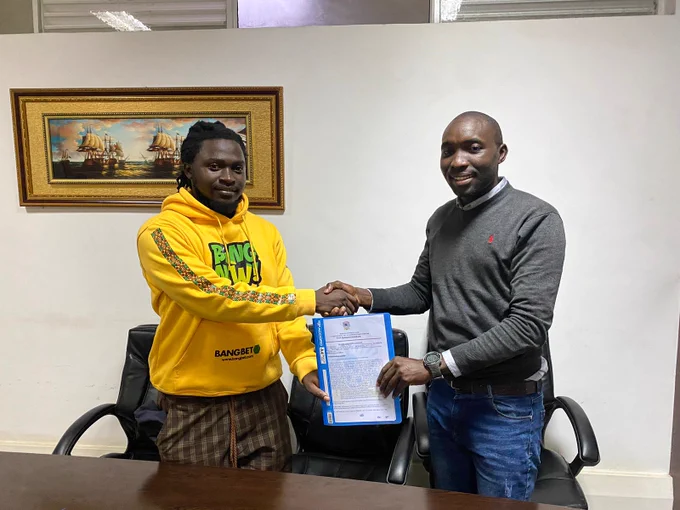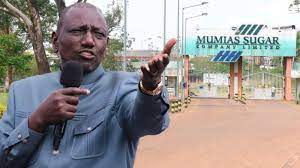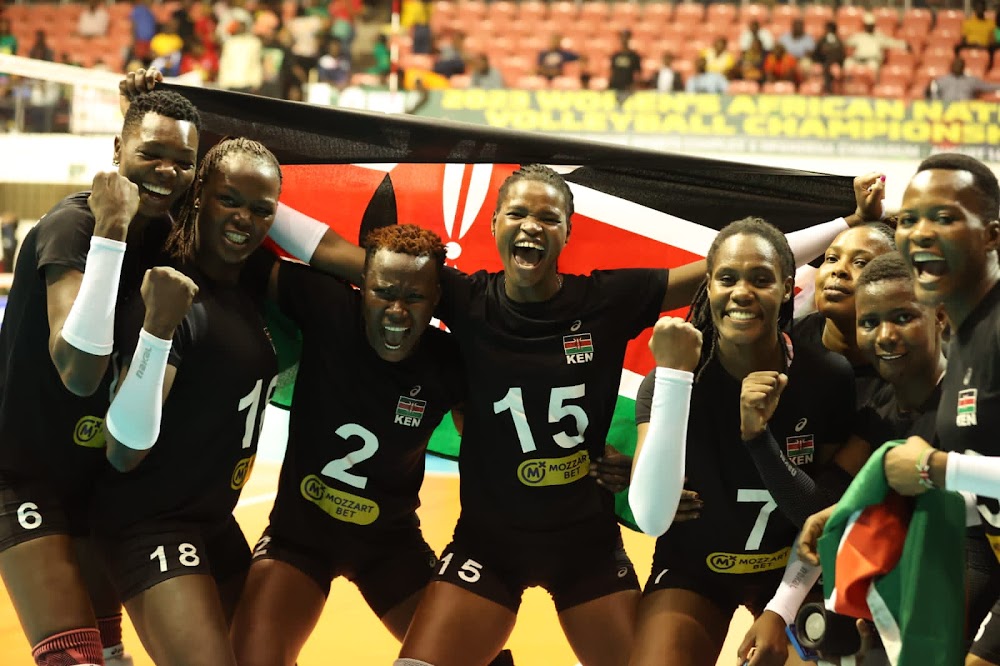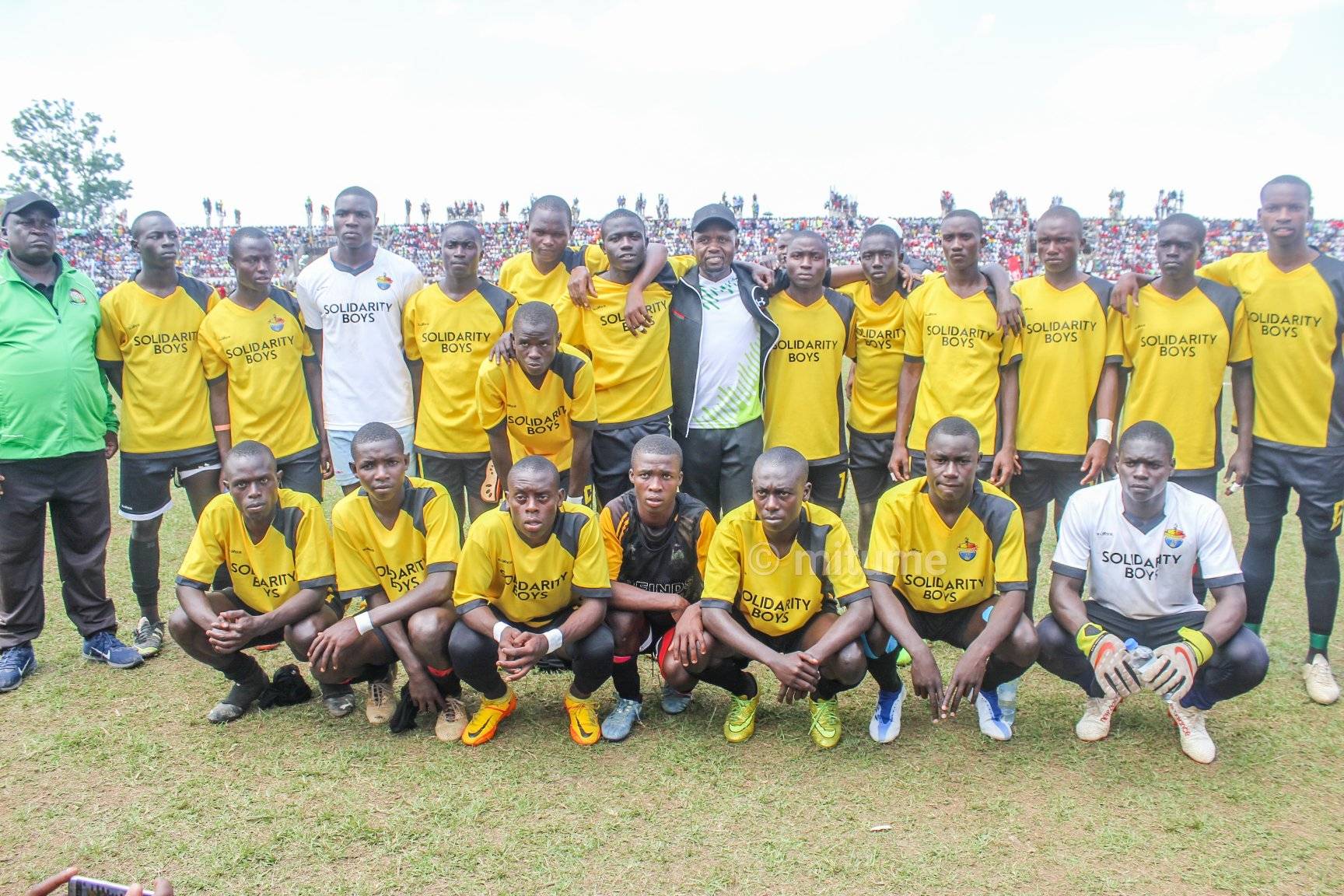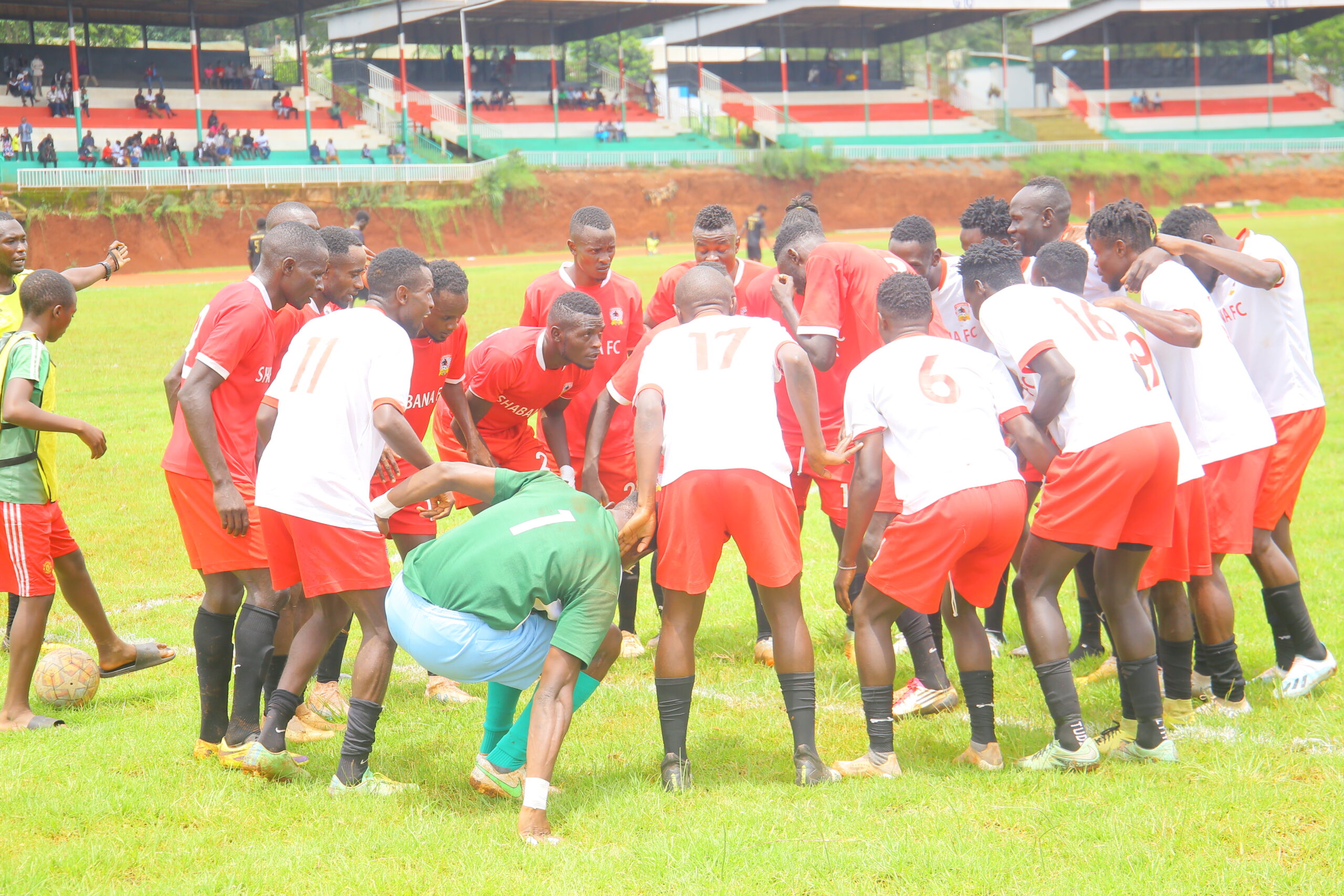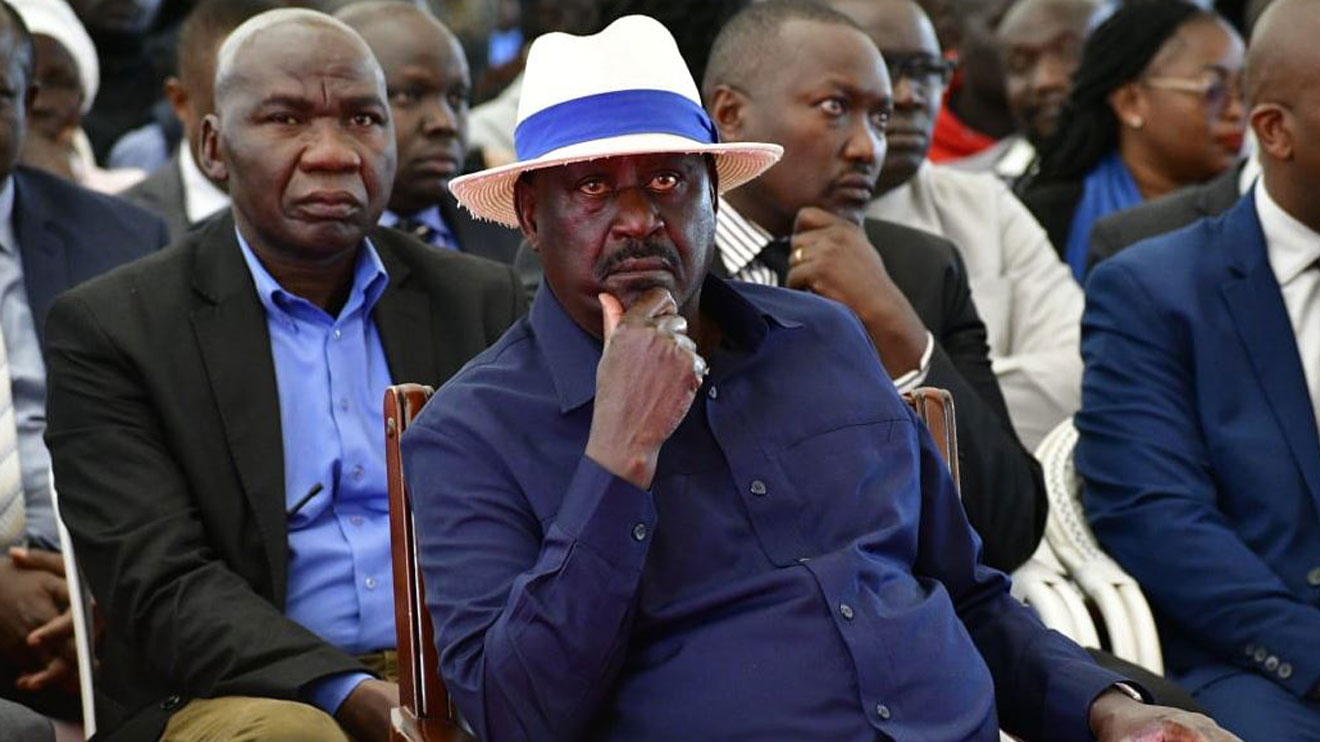In a surprising twist, former opposition stalwarts Hassan Joho and Junet Mohamed have emerged as some of President William Ruto’s most vocal supporters, eclipsing even members of his own United Democratic Alliance (UDA) party.
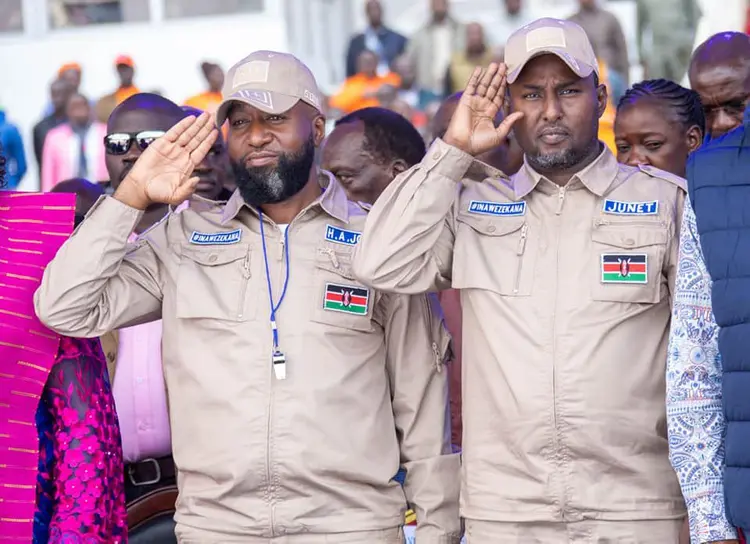

Their transformation highlights the shifting dynamics in Kenya’s political landscape, as alliances blur and former critics align with the government.
Former Opposition Leaders Defend Ruto
Hassan Joho, the former Mombasa Governor and now Cabinet Secretary for Mining, along with Suna East MP Junet Mohamed, have taken on unexpected roles as defenders of Ruto’s administration. Once vocal critics of Ruto, they now champion his policies, often more passionately than his core allies.
This new allegiance was evident during President Ruto’s development tour of the Coast region in December 2024. The tour highlighted these unlikely partnerships, particularly during high-profile events such as the groundbreaking ceremony for the Devki Iron Processing Project in Taita Taveta County.
Mohamed’s Controversial Stance
Junet Mohamed stirred debate during the ceremony by proposing the removal of public participation requirements in development projects. He argued that such processes hinder progress, claiming that the government should not need permission to execute initiatives aimed at national development.
“Politics is my choice, and my voice cannot be silenced,” Mohamed declared, defending his position. While supporters view this as a push for efficiency, critics warn it undermines democratic principles.
Joho’s Shift to Patriotism Advocacy
Hassan Joho’s transformation from a staunch critic to a government advocate is equally striking. Speaking during Ruto’s Coast tour, Joho lambasted critics of the administration, accusing them of lacking patriotism.
“I want to tell the young people, nchi haiwezi pelekwa namna hiyo,” Joho said, calling out Kenyans who criticize the government online. “How unpatriotic can you be as Kenyans that even one of your own, holding a significant position in the African Union, is targeted politically? We will come for you, my friend.”
Joho’s comments align with broader government efforts to counter declining public support and manage dissent.
Strategic Alliances for Political Stability
Political analysts suggest that these alliances are not coincidental but rather strategic moves by Ruto to consolidate support in regions traditionally aligned with the opposition, such as Nyanza and the Coast.
“Ruto is between a rock and a hard place, given that he has substituted the Mt. Kenya voting base with Nyanza and Western,” said political analyst Daniel Orogo. These alliances offer Ruto critical leverage as his administration faces mounting criticism over unpopular policies and waning support in traditional strongholds.
A Blurring of Political Lines
The collaboration between Ruto, Joho, and Mohamed reflects a growing trend in Kenya’s politics, where pragmatism often supersedes ideology. While the President’s allies celebrate these shifts as a testament to inclusivity, opposition leaders caution that such alliances could erode accountability and diminish democratic oversight.
Implications for Kenya’s Political Future
As the dust settles on these realignments, questions linger about their long-term implications. Will these partnerships pave the way for bipartisan governance, or are they short-term tactics to navigate current challenges?
What is clear is that Kenya’s political arena is undergoing significant change. With fluid alliances and blurred distinctions between opposition and government, the country stands at a crossroads, grappling with the balance between progress and preserving democratic principles.
























